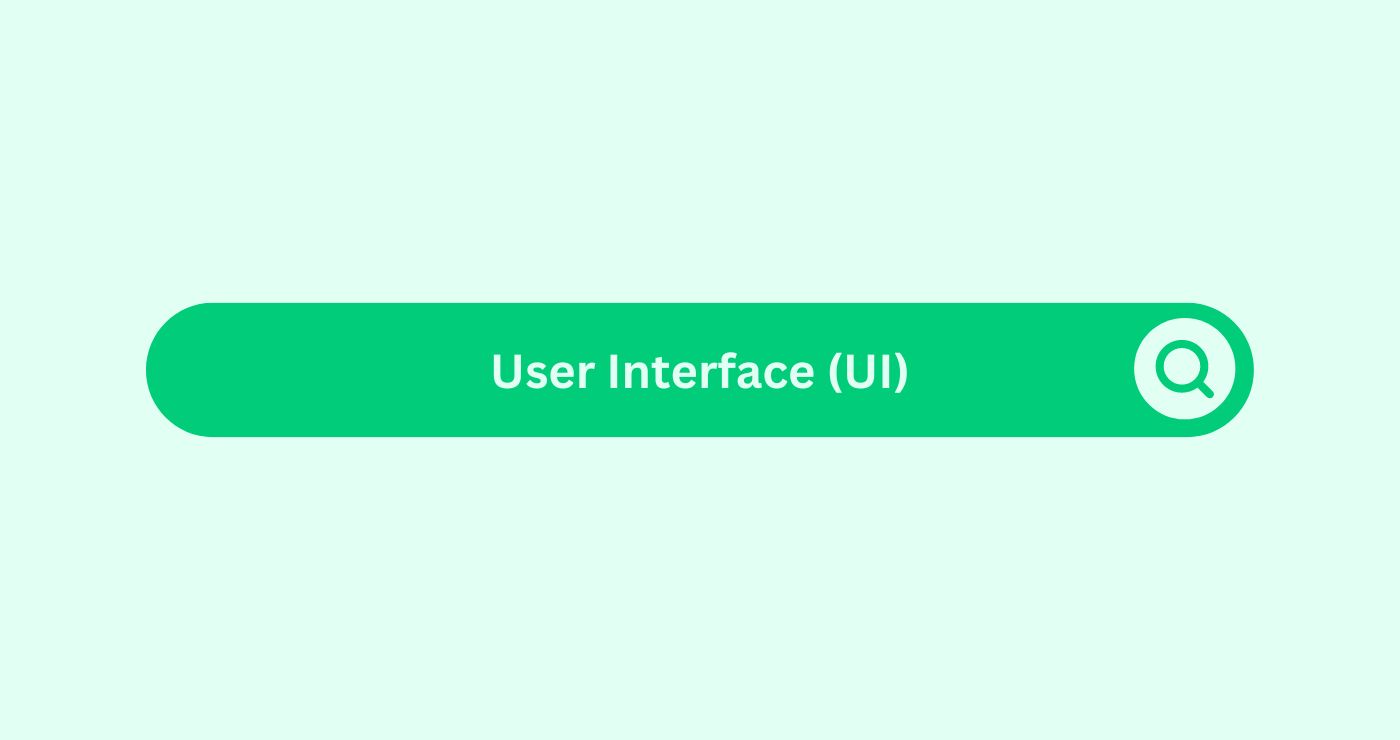Definition
User Interface (UI) refers to the graphical layout of an application through which users interact with the software. It encompasses elements such as buttons, menus, forms, and visual indicators, designed to facilitate user interaction and navigation.
How you can use
To implement effective UI in web development, designers and developers need to work together to create a seamless experience for users. For example, an Auckland SEO expert designing a landing page for a client’s marketing campaignDefinition An SEO campaign involves focused, Organised effor... would ensure that the UI is clean, responsive, and simple to navigate. Important elements like call-to-action (CTA) buttons should be strategically placed and easy to click, while the layout should be mobile-friendly, as mobile searches dominate the web.
Consider a performance marketing agency building a new website for lead generationDefinition Social media lead generation involves attracting .... The UI design focuses on clear buttons, minimal distractions, and a logical flow to boost user engagementDefinition Engagement in content marketing refers to the deg... and SEO.
Key Takeaways
- Usability: A well-designed UI enhances usability by providing intuitive navigation, clear labels, and easily accessible controls, ensuring a positive user experience.
- Visual Design: UI design incorporates visual elements such as color schemes, typography, and icons to create aesthetically pleasing interfaces that engage users and reinforce brand identity.
- Responsiveness: Responsive UI design ensures compatibility across different devices and screen sizes, optimising the user experience on desktops, tablets, and mobile devices.
- AccessibilityDefinition Accessibility refers to the design and developmen...: UI design should prioritize accessibilityDefinition Accessibility refers to the design and developmen... features such as keyboard navigation, screen reader compatibility, and adjustable font sizes to accommodate users with disabilities and improve inclusivity.
- Feedback and Error Handling: Effective UI design provides feedback to users for their actions and handles errors gracefully, guiding users through the interaction process and preventing frustration.
FAQs
What is the difference between UI and UX?
User Interface (UI) focuses on the visual and interactive elements of software, while User Experience (UX)Definition User Experience (UX) refers to the overall experi... encompasses the overall experience of users interacting with the product, including usability, accessibilityDefinition Accessibility refers to the design and developmen..., and emotional aspects.
How can UI design impact user engagement?
Common UI design principles include consistency, simplicity, clarity, hierarchy, and feedback. Following these principles helps create interfaces that are easy to use and visually cohesive.
What are some common UI design principles?
Common UI design principles include consistency, simplicity, clarity, hierarchy, and feedback. Following these principles helps create interfaces that are easy to use and visually cohesive.
How can UI design contribute to brand identity?
UI design incorporates brand elements such as logos, colors, and typography to create visual consistency and reinforce brand identity across digital platforms, contributing to brand recognition and recall.
What tools are commonly used for UI design?
Popular UI design tools include Adobe XD, Sketch, Figma, and InVision, which provide features for creating wireframes, prototypes, and high-fidelity designs.
Why is responsive design important in UI development?
Responsive designDefinition Within the realm of email marketing, responsive d... ensures that UI elements adapt to different screen sizes and devices, providing a consistent user experience across platforms and maximizing accessibilityDefinition Accessibility refers to the design and developmen... for diverse user groups.
How can UI design impact website or app performance?
UI design can impact performance by influencing factors such as loading times, page responsiveness, and user interactions. Optimizing UI elements and minimizing unnecessary animations can improve overall performance.
What role does user research play in UI design?
User research helps designers understand user needs, preferences, and behaviors, informing the design process and ensuring that UI solutions are tailored to meet user expectations and goalsIn the SEO space, "Goals" refer to specific, measurable obje....
How can UI design contribute to conversion rate optimization (CRO)?
UI design influences user engagementDefinition Engagement in content marketing refers to the deg... and navigation paths, affecting conversionDefinition In the realm of SEO, Conversion refers to the pro... rates on websites and applications. Optimizing UI elements such as call-to-action buttons, forms, and checkout processes can improve conversionDefinition In the realm of SEO, Conversion refers to the pro... rates.
What are some emerging trends in UI design?
Emerging trends in UI design include dark modeDefinition Dark Mode is a display setting for user interface... interfaces, minimalist design, micro interactions, voice user interfaces (VUI), and augmented reality (AR)Definition: Augmented Reality (AR) in AI-driven content mark... interfaces, reflecting advancements in technology and evolving user preferences.




